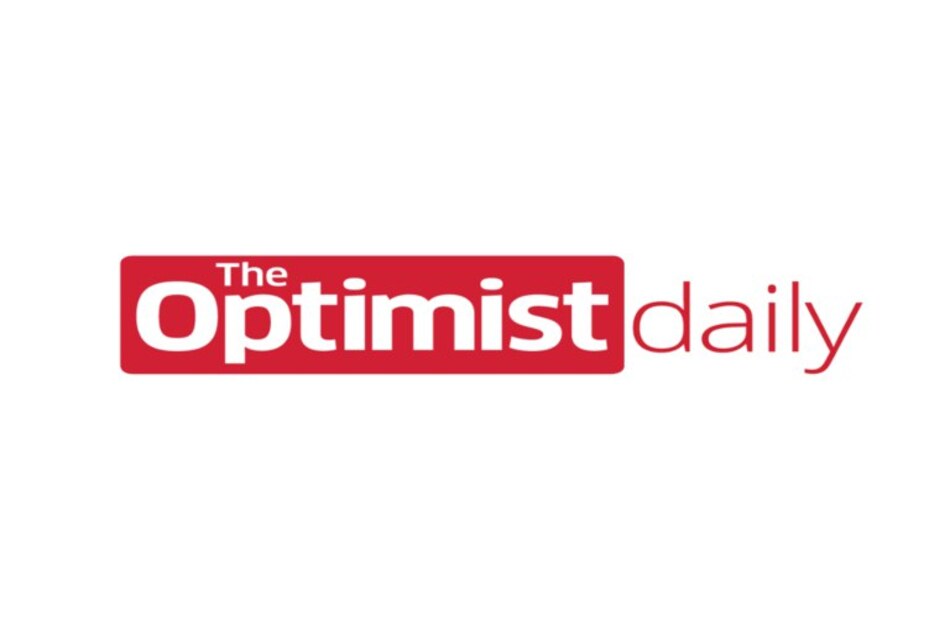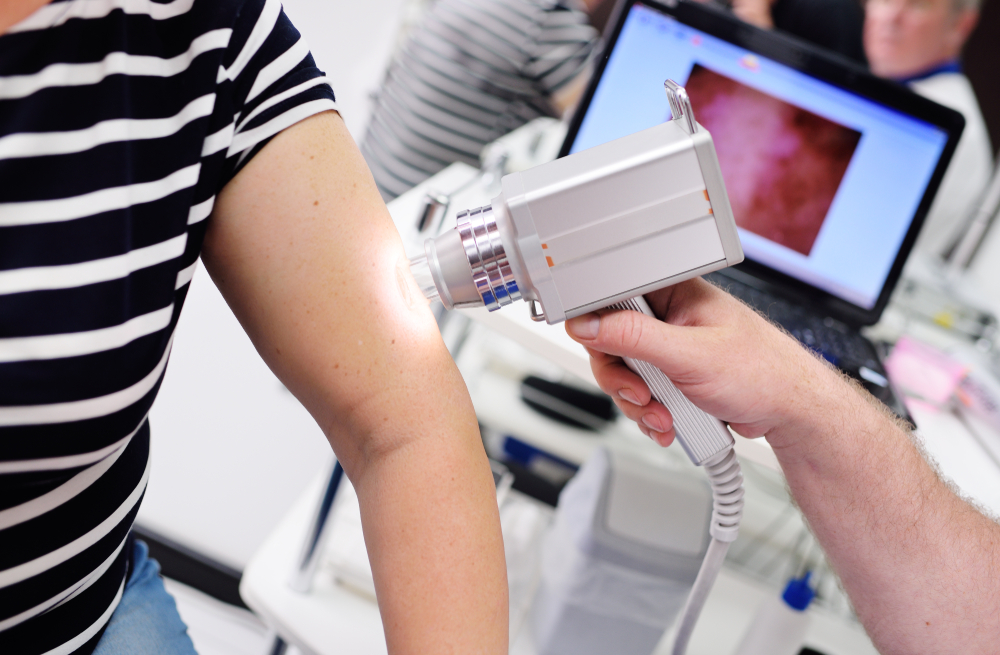Have you ever heard about someone living with a condition and wished you knew more? Maybe you were streaming a drama about someone living with a rare disease, or you read a piece that mentioned a particular trauma. Your human empathy kicked in and you wanted to know what it was like living as the person with that condition, not just what you gleaned from word of mouth or stereotypes.
This is exactly what the Human Library sets out to provide: understanding through conversation.
Borrowing a person
The Human Library wants to ensure that you don’t judge a book by its cover.
Headquartered and founded in 2000 in Copenhagen, Denmark, the Human Library is a non-profit organization that wants to dispel stereotypes and misconceptions about certain conditions through human interaction.
It does this by loaning you a person. You go in, you sit down with someone who lives with, say, bipolar disorder, and you talk. In an honest, open, and good-natured dialogue you get to know the person and how they live with their condition. You may learn that a person living with bipolar disorder isn’t as mentally unstable or fragile as others may have thought. In fact, you learn how resilient, how stalwart they are in their care for themselves. You learn also that people living with bipolar disorder are generally quite intelligent.
Their “books”
The Human Library offers participants all sorts of learning opportunities through the conversationalists they call their “books.” These are people who volunteer to talk about their recovery from alcoholism or drug addiction. They could be living with ADHD or autism. They could be coming to terms with cancer. This very human endeavor breaks down stigmas by getting to know the person, instead of the preconception. There’s always something you miss by just researching a condition on the internet, something you see in someone’s eyes and hear in their voice.
The Human Library operates on six continents in over 80 countries. See if there’s one near you and borrow a human for a chat!












